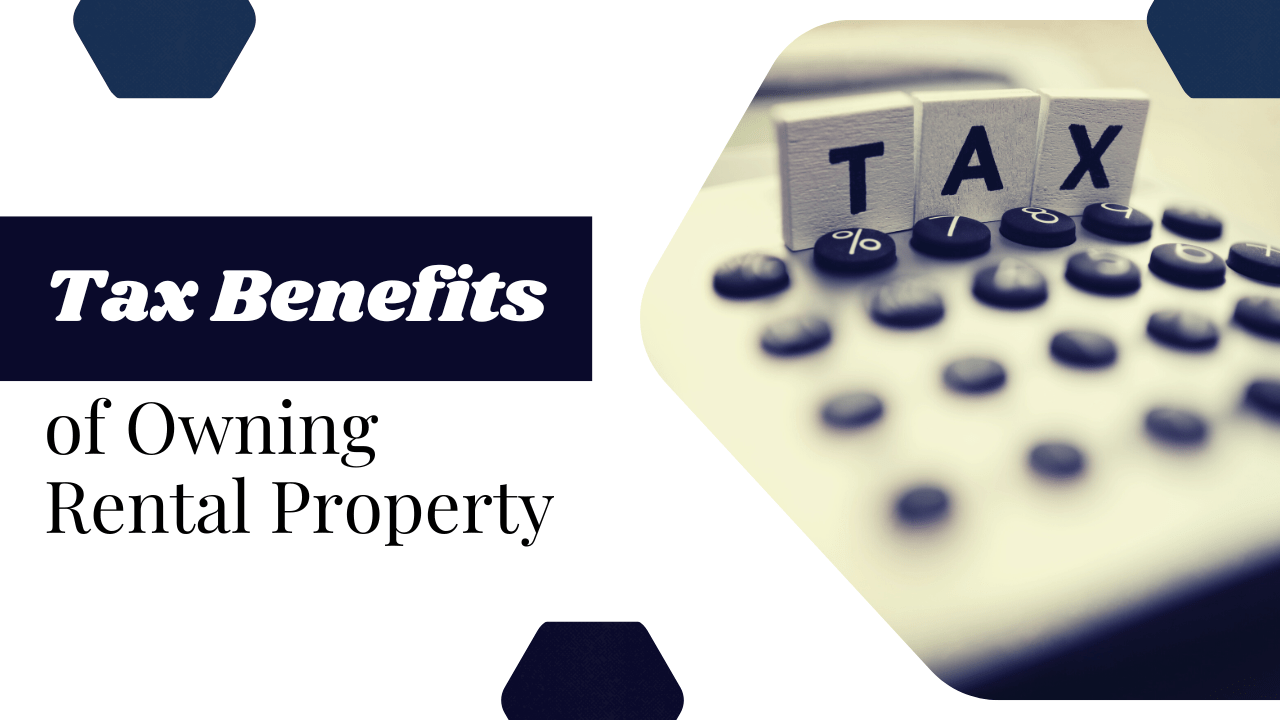Los Angeles rental property owners have a distinct advantage when it comes to taxes. Yes, you need to declare the income you earn from the rent you collect, but there are many ways to protect yourself from paying a high tax bill at the end of every year. The tax benefits far outweigh the costs when it comes to what you’re earning on your rental properties.
Here are some of the tax benefits you can expect. We’re providing this information as property management experts in southern California, and we also encourage you to talk with your CPA, tax accountant, or attorney for the best information and advice.
The Best Tax Benefit: Property Depreciation
One of the best ways to limit your tax liability as a rental property owner is by using depreciation as a tax deduction. Even if your property is increasing in value, the IRS allows you to deduct a specific amount in depreciation every year.
You need to be precise when you’re calculating what you can deduct in depreciation, and it’s important to remember that you can only take the value of the property into consideration. You cannot depreciate the land you own.
The most recent IRS guidelines provide for a rental property lifespan of 27.5 years. So, you’ll use that number to calculate your depreciation. Divide the cost of your property at the time you acquired it as a rental by 27.5. That’s the amount of depreciation you can include in your tax return.
Deducting Mortgage Interest
If you have a mortgage on your rental property, you can deduct the amount you pay in interest on that loan.
Other types of interest are also eligible to deduct. For example, if you use a credit card to make purchases for your rental property, you can deduct the interest you pay on that credit card, as long as you can document the purchases are related to your investment. For example, if you buy a washer and dryer for a rental property or the paint you’re using during a turnover process, the credit card interest is deductible.
You might find it’s easier to keep a credit card that’s specific to your rental property. Separating business from personal finances will make tax time a lot easier.
Writing Off Maintenance and Operating Expenses
Most of the costs associated with maintaining your rental property can be deducted on your taxes. This includes repair costs and any materials that you need to keep your property in operable condition, such as paint, drywall, smoke detector batteries, air filters, and other supplies.
Keep in mind that you cannot deduct the costs of improving your home. If you renovate the kitchen or add a bathroom, those expenses are not tax-deductible. You may only deduct what it costs to maintain your Los Angeles rental property.
Outside of maintenance and repair costs, other operating expenses are also deductible on your taxes. These expenses may include:
Costs of advertising and marketing
Commissions to real estate agents
Professional fees for property management, accounting, legal advice, etc.
Landscaping
Pest control
You can also deduct your property taxes and the liability insurance you pay.
Owner Expenses (Travel and Home Office)
The costs associated with owning rental property are also tax deductible. This applies to you even when you work with a local property management company in Los Angeles County. You’ll still have expenses, especially when it comes to travel and your home office.
If you are investing from outside of the area and you need to travel back and forth to check on your rental property or conduct business pertaining to the investment, those travel expenses are deductible on your taxes. Airfare and lodging can be written off as long as:
There’s a specific purpose for your business trip.
Most of your time is spent on business activities.
Your expenses are ordinary and necessary (don’t stay in the most expensive hotel)
If you drive to your rental property, you can deduct the standard mileage. Keep track of your itemized expenses and document everything. The IRS may need to see receipts.
When you use part of your home as an office out of which you conduct rental property business, you’re able to deduct some expenses. There’s generally a standard deduction for home office use when you file.
Do you belong to real estate associations, subscribe to newsletters, or pay for conferences and continuing education? Those fees are eligible to be deducted from the income your rental property earns.
Don’t Forget the 1031 Exchange
 You can defer capital gains taxes when you sell an investment property by conducting a 1031 exchange. This is especially valuable now, with home values being so high. When you sell, you’re likely to make a hefty profit. That’s great news, until the tax bill shows up.
You can defer capital gains taxes when you sell an investment property by conducting a 1031 exchange. This is especially valuable now, with home values being so high. When you sell, you’re likely to make a hefty profit. That’s great news, until the tax bill shows up.
Defer those taxes by reinvesting the proceeds of your sale into another income-producing property.
There are some strict rules, restrictions, and timelines that need to be followed when you’re doing a 1031 exchange. It’s worth the effort, however, because you get to grow your portfolio even while you sell a property at a great profit.
Three main rules need to be followed when you’re protecting yourself from taxes in this way:
Your replacement property must be of equal or greater value to the property that you are selling.
Your replacement property has to be identified within 45 days of selling the initial property.
You must purchase that property within 180 days of selling the initial property.
As an investor, you can keep conducting 1031 exchanges to continue deferring those capital gains taxes. When you decide to sell and keep the proceeds, you’ll be required to pay those taxes.
These are just a few of the best tax benefits available to real estate investors. There are additional advantages that may be unique to your own tax situation. If you’d like to talk more about how to best leverage what you own to keep more of your investment income, contact us at Bell Properties. We’d love to be your property management resource in LA County.


